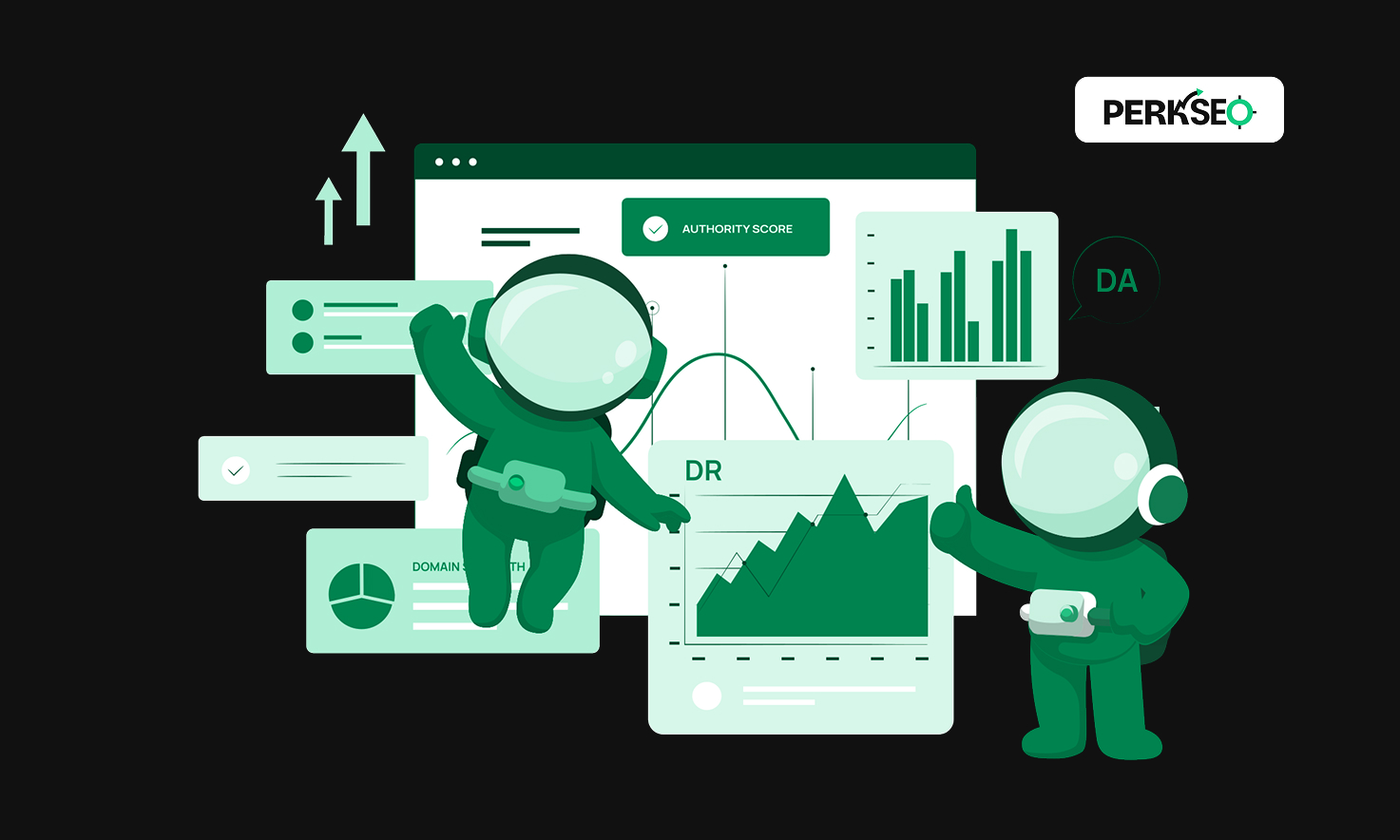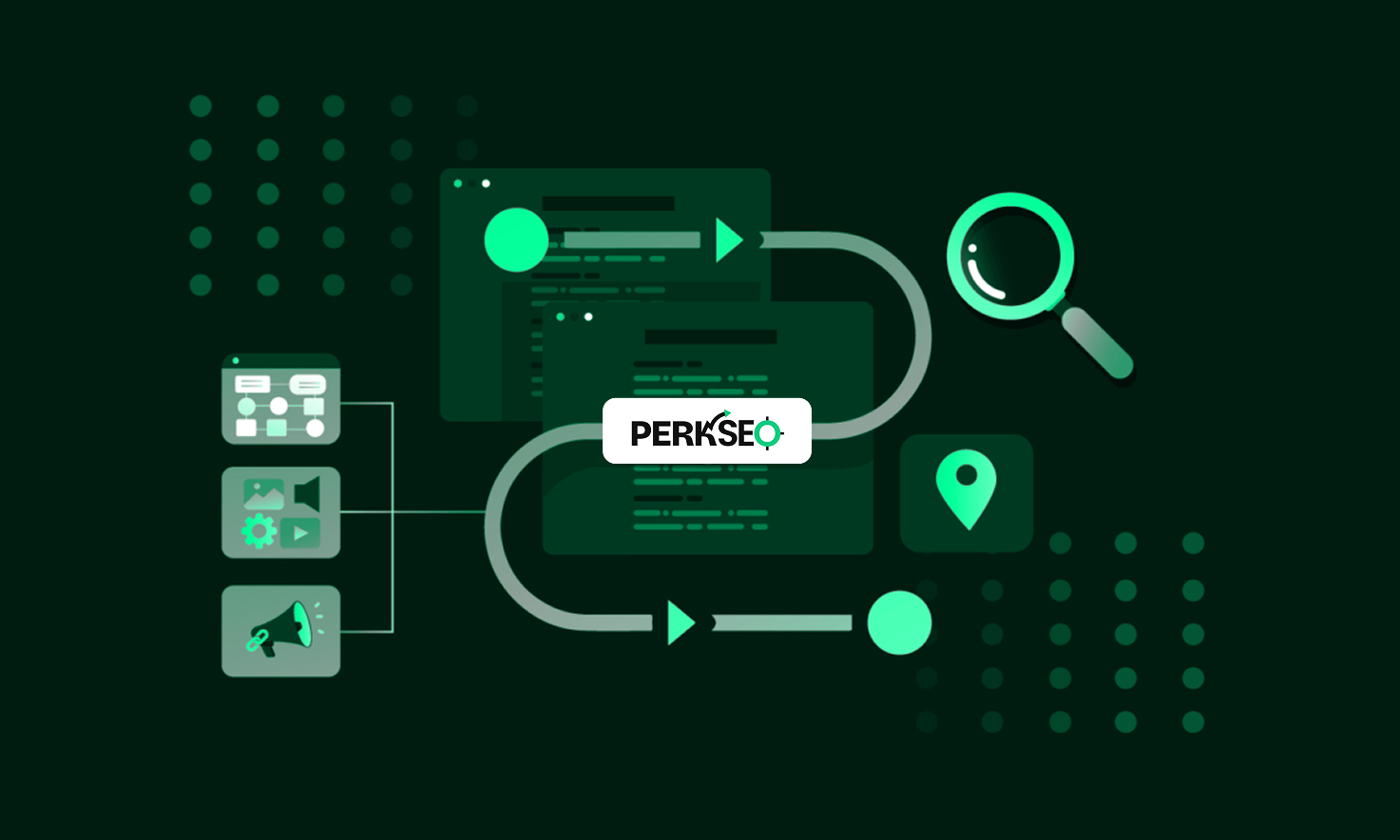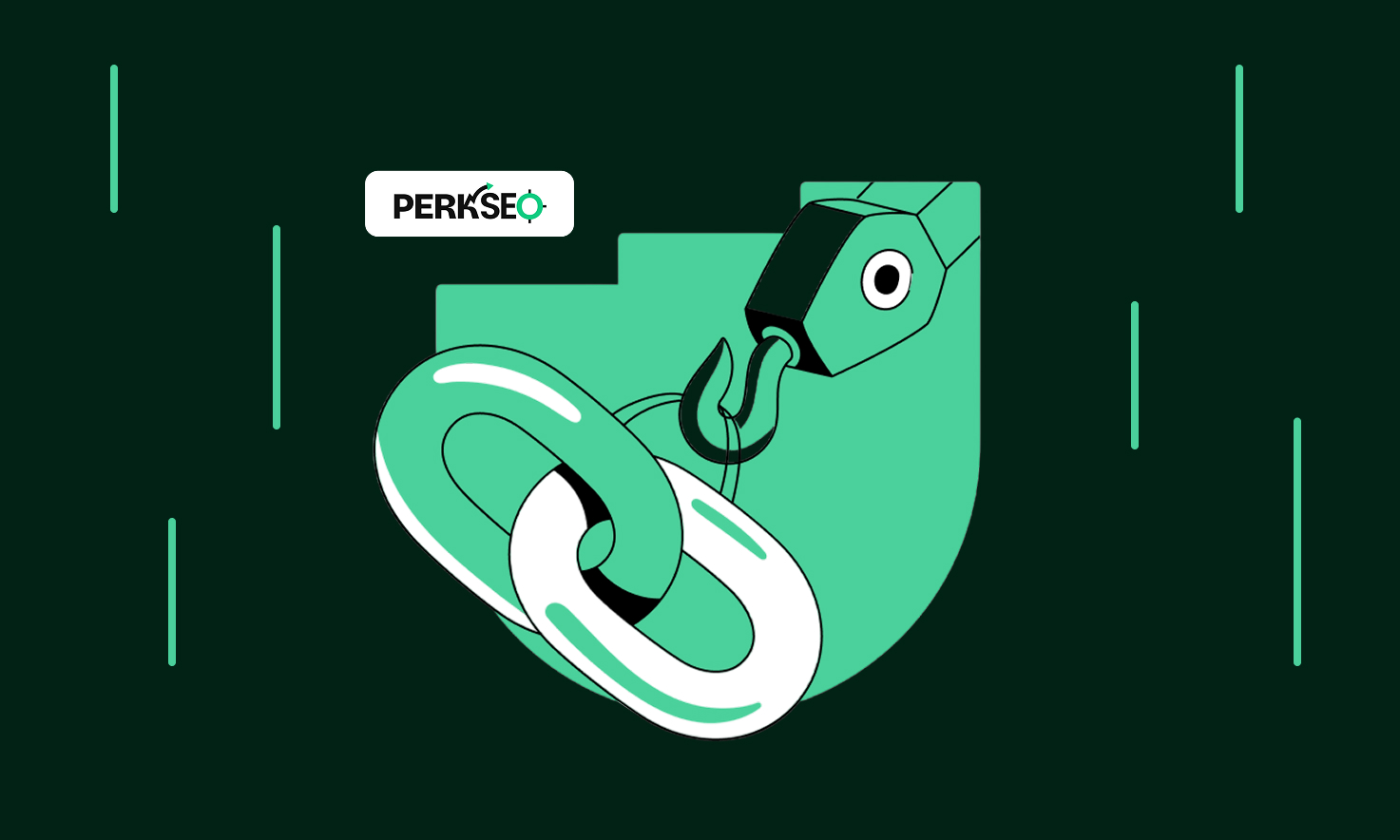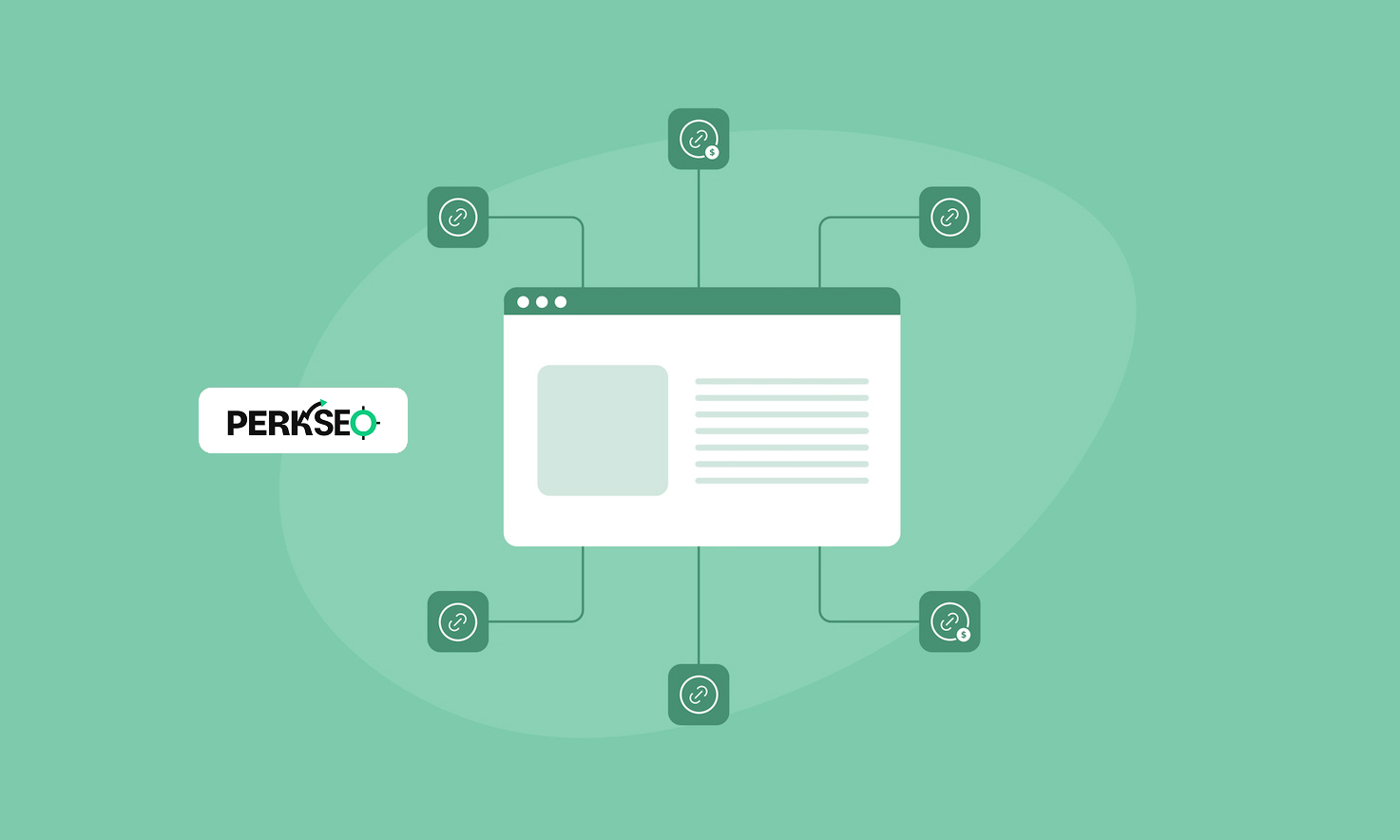
As a startup founder, you wear many hats. You’re the CEO, the marketer, the salesperson, and sometimes even the janitor. With a to-do list a mile long and a budget that’s considerably shorter, figuring out how to make your mark online can feel like an impossible challenge. You know you need to show up on Google, but how do you compete with established players who have massive marketing budgets? The answer often comes down to a powerful, yet frequently misunderstood, strategy: link building.
Effective link building is about more than just getting your URL on another website. It’s about building relationships, creating value, and earning trust. When another reputable site links to yours, it sends a strong signal to search engines like Google that your content is credible and authoritative. This digital vote of confidence boosts your rankings, drives organic traffic, and builds your brand’s authority.
This guide is designed specifically for you, the ambitious startup with big goals and a small budget. We’ll demystify the process of link building for startups and show you practical, cost-effective strategies to earn high-quality backlinks. You’ll learn how to build your website’s authority without breaking the bank.
Understanding the "Why" Behind Link Building for startups
Before diving into the “how,” it’s crucial to understand why building links is so fundamental to your startup’s growth. Think of the internet as a massive, interconnected city. Your website is a new business that just opened. Without any roads leading to your storefront, no one will find you. Backlinks are the roads, bridges, and highways that connect the rest of the web to your digital doorstep.
Here’s what a solid link profile does for you:
- Improves Search Engine Rankings:
Backlinks are a top-three ranking factor for Google. The more high-quality, relevant links you have pointing to your site, the more likely you are to rank for your target keywords. This isn’t just about quantity; quality is paramount. One link from a major industry publication is worth more than a hundred from low-quality directories.
- Drives Referral Traffic:
When someone clicks a link on another site to visit yours, that’s referral traffic. This traffic is often highly qualified. The person was already reading about a topic related to your business, saw the link, and chose to learn more. They arrive with context and interest, making them more likely to convert.
- Builds Brand Authority and Credibility:
Being featured on or linked to by respected sites in your niche positions your startup as a trustworthy resource. It’s a form of social proof. This digital endorsement tells both users and search engines that you are a credible player in your industry. This is the core of organic link building earning trust naturally.
For startups, the challenge is clear: how do you execute effective link building strategies without the deep pockets for expensive link building packages or a dedicated link building agency? The key is to be scrappy, creative, and value-focused.

Foundational Steps Before You Begin Building Links
Jumping into outreach without a solid foundation is like trying to build a house on sand. You’ll put in a lot of effort for results that won’t last. Before you send a single email, get these three foundational elements in place.
1. Create “Linkable Assets”
You can’t expect people to link to your site if there’s nothing valuable to link to. A “linkable asset” is a piece of content on your website that is so useful, insightful, or unique that other creators want to reference it. Your homepage or product pages are rarely linkable assets. Instead, focus on creating content like:
- In-depth Guides and Tutorials: A definitive guide on a complex topic in your industry. For example, a SaaS company could create “The Ultimate Guide to Remote Team Collaboration.”
- Original Research and Data: Conduct a survey, analyze public data, or present your own findings. “We Analyzed 5,000 Sales Emails: Here’s What We Learned” is an incredibly linkable asset.
- Free Tools and Calculators: A simple, useful tool can generate a massive number of backlinks. A mortgage startup could offer a free amortization calculator; a marketing agency could provide a headline analyzer.
- Unique Infographics and Visuals: A well-designed infographic that simplifies a complex process or presents data visually is highly shareable and linkable.
Your goal is to create something that serves as a primary source. When other bloggers or journalists write about that topic, they will link to your asset as a reference.
2. Perfect Your On-Page SEO
Google needs to understand what your pages are about. Before you start building links to a page, ensure it is perfectly optimized. This includes:
- Clear URL Structure:yourdomain.com/blog/topic-name is better than yourdomain.com/p?123.
- Optimized Title Tags and Meta Descriptions: Make them compelling and include your target keyword.
- Well-Structured Content: Use headings (H1, H2, H3) to organize your content and make it scannable.
- Internal Linking: Link to other relevant pages on your own site. This helps distribute link equity and keeps users engaged.
3. Identify Your Target Websites
Not all links are created equal. You need to identify websites that are relevant to your industry and have a good reputation. Create a list of potential link prospects. Think about:
- Industry Blogs and Publications: Where does your target audience go for information?
- Shoulder Niches: Sites that aren’t direct competitors but serve a similar audience. For a project management tool, this could be blogs about remote work or small business finance.
- Local News and Community Sites: If you have a local component, city link building can be very powerful. Think about local business journals or community forums.
Use tools like Ahrefs, Moz, or Semrush (many offer free trials or limited free versions) to analyze the authority of these sites. Focus on sites with strong domain authority and real, engaged traffic.

Cost-Effective Link Building Strategies for Startups
Now that your foundation is set, it’s time to start building links. The following strategies require more time and creativity than money, making them perfect for startups on a shoestring budget.
Strategy 1: The Power of Guest Posting
Guest posting is the classic, time-tested method of link building. It involves writing and publishing an article on someone else’s website or blog. In return, you get an author bio with a link back to your website.
How to Succeed with Guest Posting:
- Find Opportunities: Use Google search strings like “your keyword” + “write for us” or “your keyword” + “guest post guidelines”. You can also analyze where your competitors are guest posting.
- Personalize Your Pitch: Do not send generic, templated emails. Address the editor by name. Mention a recent article you enjoyed on their blog. Show that you’ve done your homework.
- Offer Genuine Value: Your pitch shouldn’t be about getting a link. It should be about providing their audience with a fantastic piece of content. Propose 2-3 unique, well-researched topic ideas that fit their blog’s style and fill a content gap.
- Write Your Best Content: When you get a “yes,” don’t treat it as a second-class task. Write an amazing article that you’d be proud to publish on your own site. This builds your reputation and makes editors eager to work with you again.
This is a core component of many affordable link building services because it consistently delivers results when done right.
Strategy 2: Broken Link Building
This is a brilliant and highly effective tactic. The process is simple:
- Find a broken link on a website you want a link from. A broken link is a link that leads to a 404 error page.
- Create content that can replace the dead link. Often, you might already have a resource that is a perfect fit.
- Reach out to the site owner or editor, politely point out the broken link, and suggest your resource as a replacement.
You can use tools like the Check My Links Chrome extension to quickly find broken links on a page. Focus on resource pages or “best of” lists, as these are often full of external links and are less frequently updated.
Here’s a sample outreach email:
Subject: Broken link on your [Page Title] page Hi [Name],I was looking for some information on [Topic] today and came across your excellent article: [Link to their article].I noticed that the link to [Name of dead resource] seems to be broken, it just leads to a 404 page. We actually just published an updated and comprehensive guide on this very topic here: [Link to your resource].It might make a great replacement for the dead link. Either way, hope this helps, and keep up the great work! Cheers, [Your Name]
You are providing value by helping them clean up their site. This makes them much more receptive to adding your link.
Strategy 3: Unlinked Brand Mentions
An unlinked brand mention is when a website mentions your startup’s name but doesn’t link to your website. These are low-hanging fruit for link building. The author already knows and values your brand enough to mention it; they just need a gentle nudge to add the link.
How to Find Unlinked Mentions:
- Google Alerts: Set up a free Google Alert for your brand name, founder names, and product names.
- Social Listening Tools: Use tools like Brand24 or Mention to track mentions across the web.
- Manual Searches: Regularly search Google for “[Your Brand Name]” -site:yourdomain.com to find mentions that exclude your own site.
Once you find one, send a simple and polite email thanking them for the mention and asking if they would consider adding a link to your homepage so their readers can easily learn more.
Strategy 4: HARO and Journalist Outreach
HARO (Help a Reporter Out) is a free service that connects journalists with sources for their stories. Three times a day, HARO sends out an email with queries from reporters at publications ranging from The New York Times to niche industry blogs.
How to Use HARO Effectively:
- Scan Quickly: The emails are long. Scan for keywords relevant to your expertise.
- Respond Fast: Journalists are on tight deadlines. Aim to be one of the first high-quality responses.
- Be Helpful, Not Promotional: Answer their question directly and provide genuine expertise. Don’t pitch your product. Include your name, title, a brief bio, and a link to your website in your signature. If they use your quote, they will almost always include the link.
This is a fantastic way to earn links from high-authority news sites—links that would be nearly impossible to get otherwise. This is a key part of many organic link building services.

The Question of Outsourcing: Link Building Services
As your startup grows, your time becomes even more valuable. You might start to wonder if it’s time to outsource link building. This can be a smart move, but you need to be careful.
The world of link building is filled with vendors selling low-quality, spammy links that can get your site penalized by Google. If you decide to work with a link building agency or buy a link building package, vet them thoroughly.
What to Look for in a Good Provider:
- Transparency: They should be open about their methods. If their process is a “secret sauce,” run away.
- Focus on Quality: Ask for examples of links they have built for other clients. Are they on relevant, high-authority sites?
- White-Hat Methods: Ensure they focus on earning links through outreach and content, not by using private blog networks (PBNs) or paying for links directly.
- Realistic Promises: No one can guarantee a #1 ranking or a specific number of links per month. Look for partners who focus on a steady, sustainable process.
For many startups, a hybrid approach works best. Handle some in-house strategies like HARO and unlinked mentions, and perhaps outsource the more time-consuming work like guest post outreach. Some agencies even offer white label link building, where they perform the work on behalf of your brand.
Measuring the Success of Your Link Building for Startups Campaign
Link building is a long-term game. You won’t see results overnight. It’s important to track the right metrics to know your efforts are paying off.
- Number of New Referring Domains: This is more important than the total number of new backlinks. You want links from a diverse set of quality websites.
- Organic Traffic Growth: Are more people finding your site through search engines? Use Google Analytics to track this.
- Keyword Ranking Improvements: Are you climbing the rankings for your target keywords? Use a rank tracking tool to monitor your position.
- Referral Traffic: Is traffic from other sites increasing? This is a direct result of your link building efforts.
Building links on a shoestring budget is entirely possible. It requires a shift in mindset from buying results to earning them. By creating valuable assets, being strategic with your outreach, and focusing on building genuine relationships, you can build the authority your startup needs to thrive. It’s not about shortcuts or secret tricks; it’s about providing real value to the web. Start with one strategy, execute it consistently, and you will begin to see the powerful impact of organic link building.

From Leeds to the world our SEO strategies help you rank higher, attract more customers, and scale your business with confidence.
Services
Copyright © 2025 PerkSEO. All rights reserved.

